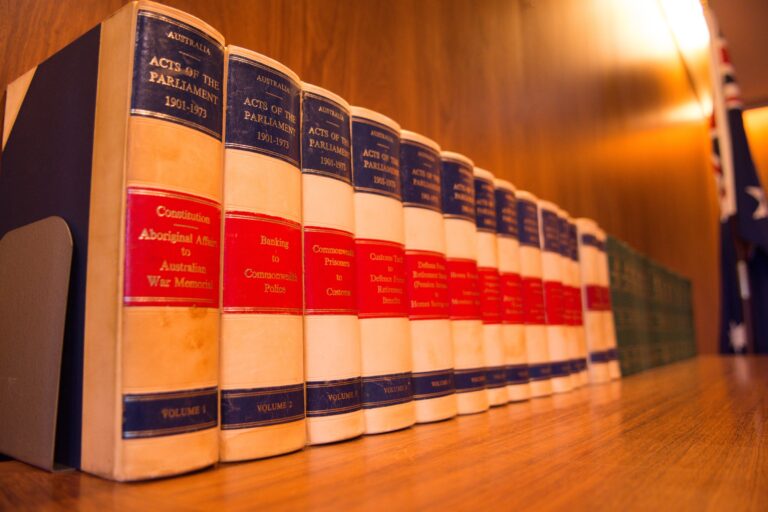State governments typically outperform the federal government in service delivery. They are closer to the coalface, more familiar with the intricacies of the terrain. Contrast state and federal service delivery of healthcare and education, for example. States are better able to tailor services to local needs and respond more quickly to feedback.
Conversely, state governments woefully underperform the federal government when it comes to revenue raising. Compare the mess that state governments have made of payroll tax with the efficiency, equity and relative simplicity of the federally administered GST regime.
Further to this, inconsistencies in taxation policies between states add to the inefficient allocation of scarce economic resources and have the potential to trigger a lose-lose “race to the bottom” for those resources. The Queensland land tax debacle is an archetype of this syndrome: a loser for all parties except those who would “eat the rich” without concern for longer-term ramifications.
Why not have the states specialise in delivery and the federal government specialise in revenue raising? The status quo of state versus federal revenue raising is in and of itself a strong body of evidence in support of an argument to hand all revenue-raising responsibility over to the federal office. A strong argument can be made in support of handing the administration of most of that revenue to the states, provided we can remove political manipulation from the distribution mechanism.
Counter-examples further strengthen the argument. Imagine if GST were administered at the state level. Every state would have different rates and different exemptions, and total revenue raised would decline as taxpayers learned to leverage the inconsistencies. (Sadly, this is actually the situation in Brazil.)
A simple argument for efficiencies of scale rounds out the case for the federal administration of revenue raising, and gives weight to the case for state-based service delivery. States could roll back the activities of their treasuries while the feds could massively downsize their departments of health and education and remove the potential for overlap and doubling-up of services. We could use the extra money to improve services or to cut taxes.
All state-administered revenue raising would be better performed, and more efficiently and more equitably administered, at the federal level. These include payroll taxes, royalties, motor vehicle taxes, gambling taxes and a wide range of levies. It could include inheritance taxes, which the states applied until another race to the bottom wiped them out.
But of course, it’s the stamp duty/land tax imbroglio that most egregiously exemplifies the need for action at the federal level.
State-administered stamp duty is and sadly remains Australia’s most inefficient tax. It punishes people who move. It makes downsizing and upsizing difficult. It decreases labour mobility, and since it is only imposed when people move, it is poorly targeted with respect to wealth and the opportunity cost of the land. It remains an anachronistic drag on the nation’s economic progress.
State governments know this and yet remain entangled with this anachronism.
The federal government is constitutionally entitled to impose a land tax, and did so until 1952. By imposing a land tax and withholding its revenue raised until the states agree to either cease or hand over their own revenue-raising mechanisms, the federal government could enforce the shift as a blunt instrument. The threat to do so would encourage the states to quickly fall into line with a move they know is right but politically unpalatable.
Recouping the cost of COVID-19 debt
The imposition of a federal land tax can be politically justified by the need to recoup the cost of the nation’s response to COVID-19, a massive debt today that will otherwise be left to the taxpayers of the future.
A broad-based federally administered land tax will add significantly to productivity and ensure all Australians benefit from rising asset prices. Housing will be more affordable and more fungible.
Contrast the benefits of taking this policy route with the significant costs to the state and the nation of the Queensland government’s now thankfully scrapped intention to impose a populist new land tax. A tax that inclines property investors to take their money out, or not put their money into, Queensland. A tax that would reduce the number of private dwellings available for rent, simultaneously placing pressure on the level of rent and lowering labour mobility.
A tax the very imposition of which would have seen the tax base it applies to likely decrease to an extent that more than compensates for any extra revenue the new tax might accrue.
The calls for a shift of revenue-raising capacity from the states to the federal government grow louder and more raucous in the wake of Queensland’s misstep on land tax. If those calls draw action in response, that will be a good thing.
First published at the Australian Financial Review on Sunday 2 October 2022.





Recent Comments